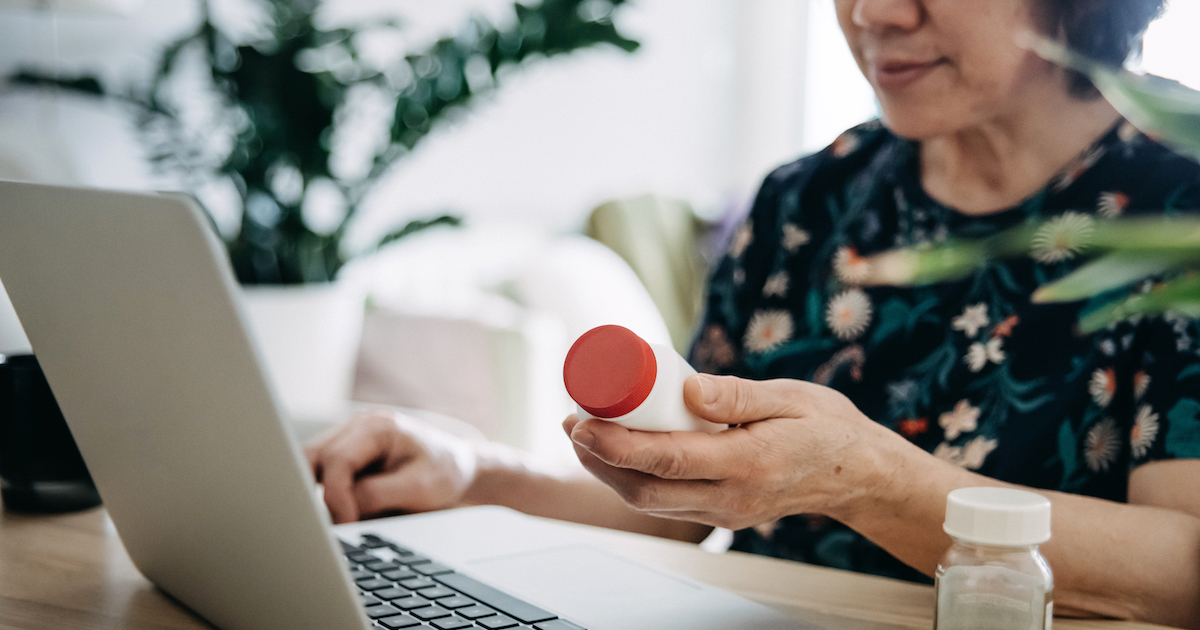 A new smartphone-connected device for measuring the nutritional content of food has raised $2.2 million on Kickstarter, on top of $4 million to $5 million in funding from venture capitalists including Khosla Ventures, according to TechCrunch. SCiO is a tiny spectrometer that promises to send information about food, nutrition, and medication to a user's smartphone via Bluetooth Low Energy.
A new smartphone-connected device for measuring the nutritional content of food has raised $2.2 million on Kickstarter, on top of $4 million to $5 million in funding from venture capitalists including Khosla Ventures, according to TechCrunch. SCiO is a tiny spectrometer that promises to send information about food, nutrition, and medication to a user's smartphone via Bluetooth Low Energy.
Tel Aviv, Israel-based Consumer Physics, the company behind SCiO says it has built two prototypes and is raising money on Kickstarter to manufacture the final version, which it plans to ship to backers in January of this year. The device will initially be able to scan foods and return information about their nutritional content, assess the ripeness of fruit through its skin, assess the health of plants, analyze soil, and authenticate medications. Specifically, for scanned foods, it will return results for calories, fat, protein, and carbs.
Software updates will allow the device to do even more as time goes on, and users can even contribute to a database of spectrometer readings. According to the Kickstarter campaign, future applications could include "measur[ing] properties of cosmetics, clothes, flora, soil, jewels and precious stones, leather, rubber, oils, plastics, and even your pet". The returned results are based not only on the raw data from the scan, but also algorithms that interpret that data and compare it to an index of foods and other objects in SCiO's database. The scan takes two to three seconds and the battery in the device lasts about a week.
A basic and advanced SDK will be available for developers to build their own applications to work with the scanner, such as fitness applications or games to teach kids about healthy eating.
 The campaign also notes that SCiO is not meant to be a medical device or to treat or prevent a medical condition like allergies. This suggests that the company will likely not seek FDA clearance, although the disclaimer could also be a way to get around Kickstarter's own restrictions on crowdfunding medical devices.
The campaign also notes that SCiO is not meant to be a medical device or to treat or prevent a medical condition like allergies. This suggests that the company will likely not seek FDA clearance, although the disclaimer could also be a way to get around Kickstarter's own restrictions on crowdfunding medical devices.
"SCiO is NOT a medical device and should NOT be relied on to protect you from allergens, from gluten, or from lactose," the campaign page states -- emphasis SCiO's. "Since SCiO is designed to measure small portions of a dish at a time, it cannot guarantee the absence of specific molecules in your plate. SCiO can analyze and tell you the major components of foods (i.e. with typical concentration of 1 percent or more)."
The device greatly resembles another recent crowdfunding project, TellSpec, which raised $386,000 last year. TellSpec originally planned to use Raman spectrometry, but has since switched to near-infrared spectrometry, the same technology SCiO is sporting. TellSpec devices are due out to the first backers in August, at which point some of the skepticism that has been leveled at the company might be put to rest.
SCiO has high-profile backers and multiple demo videos on its Kickstarter page, but it hasn't been immune to scrutiny itself. CNET spoke to an analytical chemist who said the technology was viable, but the small size would likely require them to trade in a certain amount of accuracy. Consumer Physics has been very transparent about the limitations and potential of the device, however, providing an extensive FAQ on the campaign page.
"SCiO is a precise device," the FAQ says, in answer to the question of how accurate the device is. "The accuracy depends on the application. It also depends on the quality and size of the database. For example, in predicting some of the nutritional values in foods we are as accurate [as] what is required for the labeled food that you buy in the supermarket."
SCiO will retail for $299 but was available for early Kickstarter backers for as little as $149. The campaign ends in 11 days.


